Agriculture plays a crucial role in the food we eat. However, with the increase of urbanization, the amount of land suitable for agriculture diminishes at alarming rates. The Ontario Federation of Agriculture is making significant strides to preserve the province’s existing farmers and farmland.
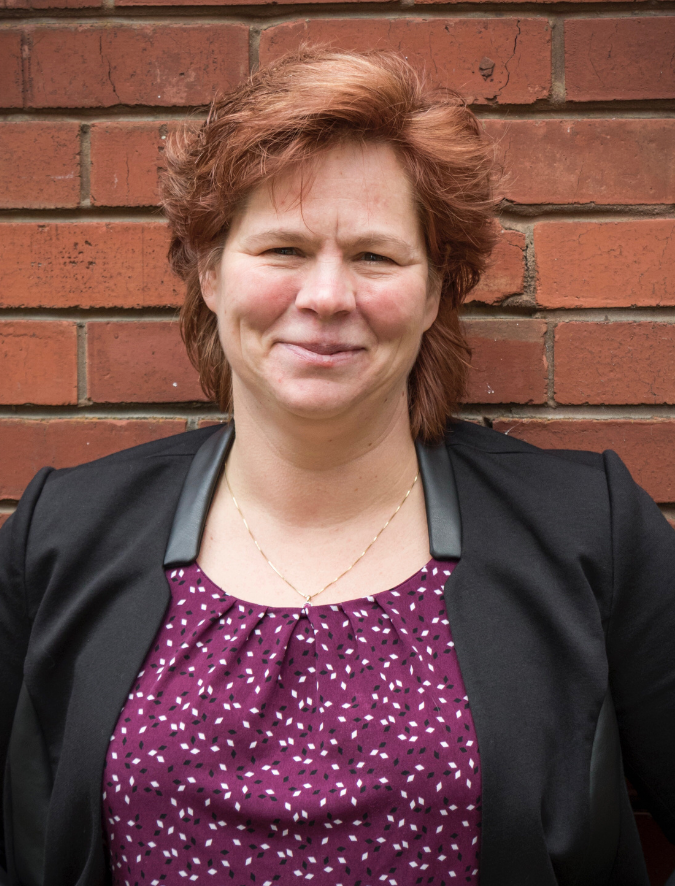
President Peggy Brekveld and General Manager Cathy Lennon are passionate about educating the next generation about the importance of agriculture and the endless career opportunities. In an informative conversation with OnSide Media, Peggy and Cathy discuss their mission to protect farmers’ integrity and feed Ontario, Canada, and the world at large.
Of all the issues you are trying to solve with the OFA, which resonates with you the deepest?
Peggy Brekveld: Right now, the issue that resonates with me the most is farmland preservation and ensuring that farmland is protected and that we can have farms and food forever. That is our mission statement. Most agriculture and livestock farmers care about the environment and care about the animals that they take care of. I believe that we work to protect the land by doing soil samples and ensuring that we put the appropriate nutrients on our fields. I know that when my cows are comfortable and happy, they are relaxed and give more milk. Part of my job is to ensure their safety and health.
Cathy Lennon: The biggest issue for us is looking at the big, long-term picture of farmland preservation. Making sure we have the area to raise and grow crops and livestock. We need to make sure we have all required to feed not just Canada but the world. I think the world has grasped the issue of climate change and the need to take care of all the pieces of the earth, not just for our generation but for the future generation. Unless we are looking for a world where we get our nutrition from factories, we need to protect the farmers and farmland around us for the next 50 years, 150 years, and beyond. Currently, in Ontario, only 5% of the land is suitable for agriculture.
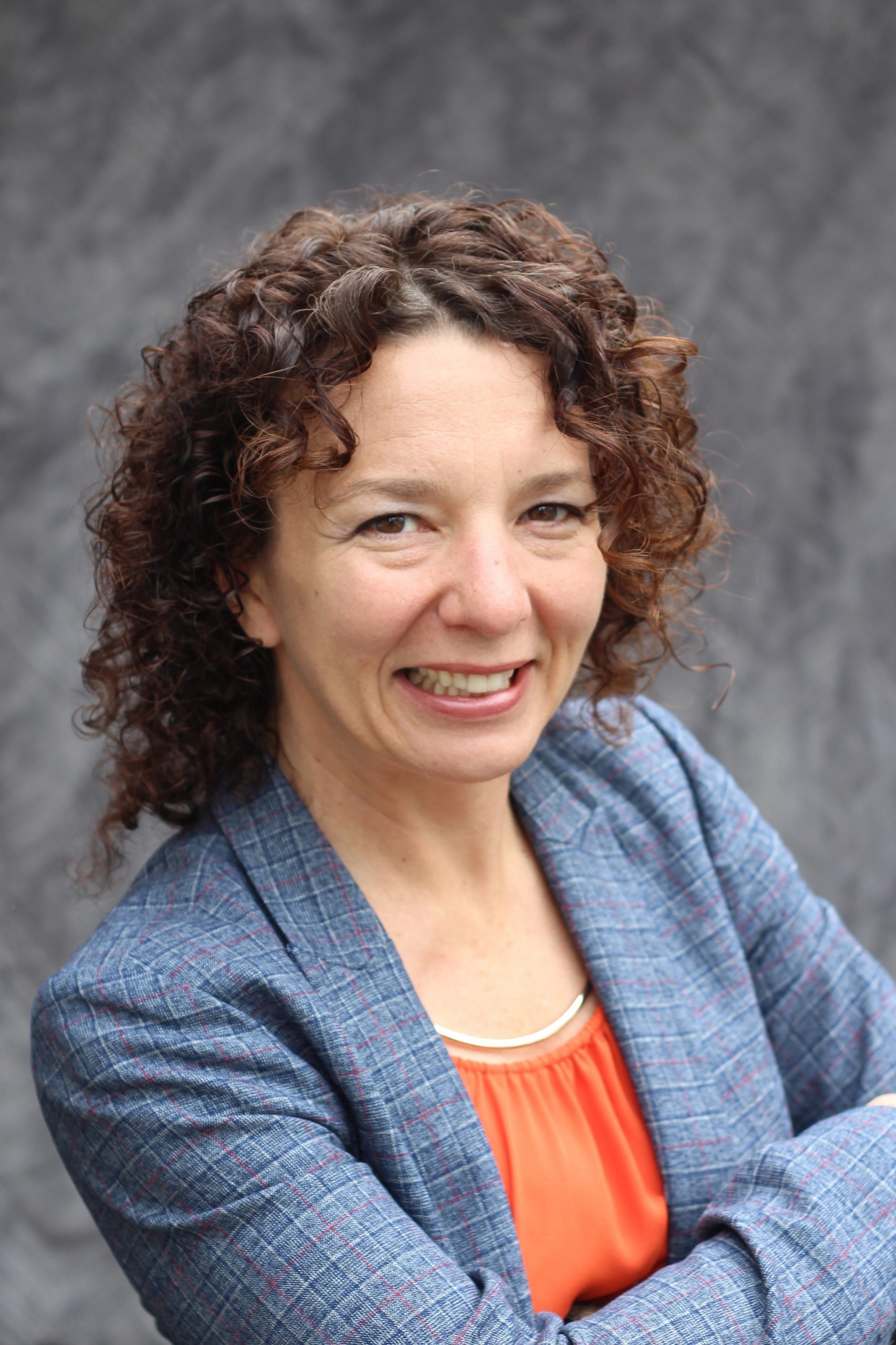
What has been the biggest challenge for you in your position? Which bill of rights was the most challenging to pass?
Peggy Brekveld: We are lobbyists, so we talk to issues and legislation that comes forward. One piece of legislation that was particularly exciting to us was Bill 166, which is now in front of the court. We were looking for ways to protect our farmers, animals, mental health, and food system. The bill was passed in November and is now in front of the court.
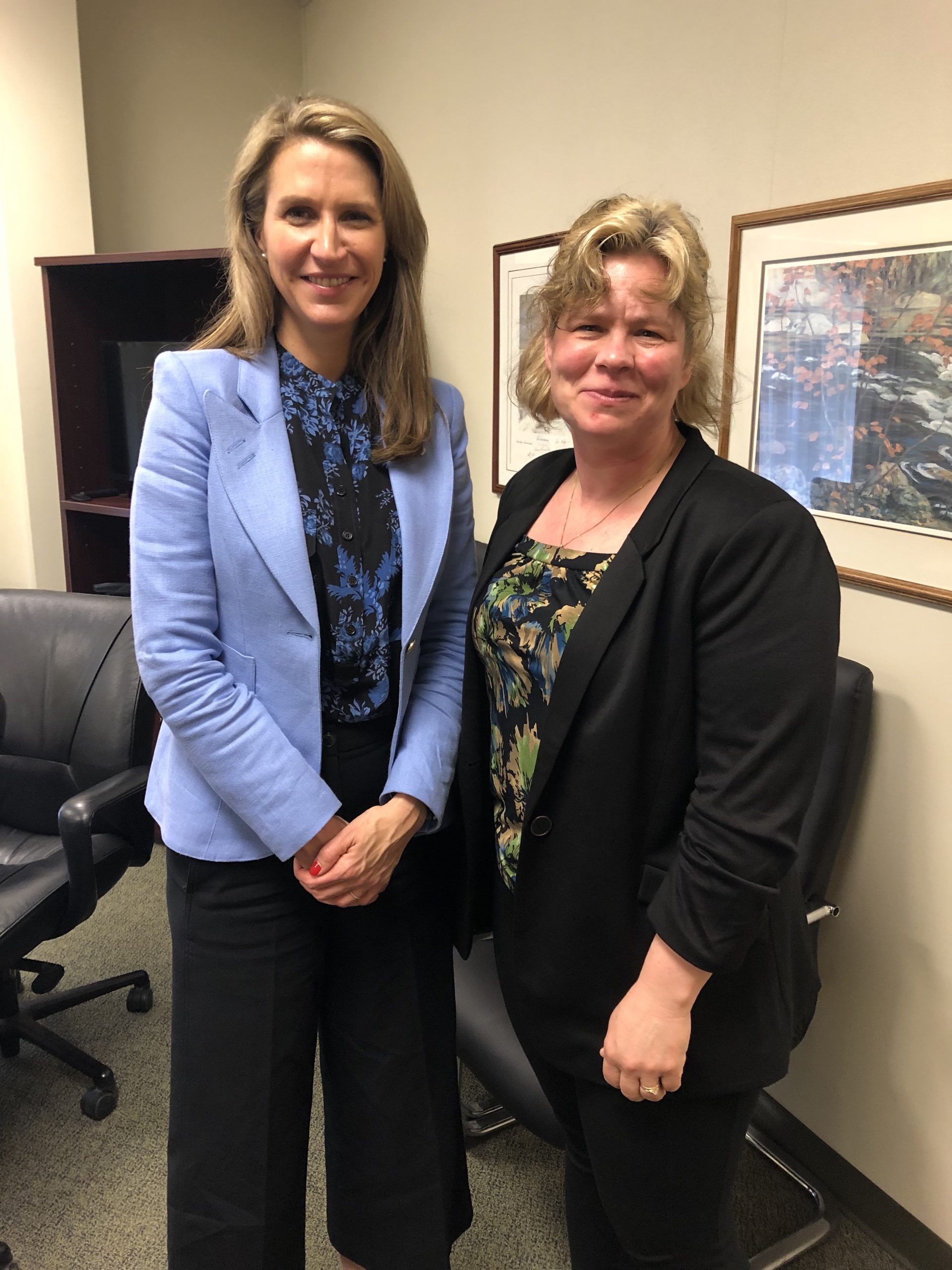
I will say right now, it is the farmland preservation story. I think it is particularly interesting because we are watching a few different pieces of legislation come through on the ministerial voting orders. We are talking about the fact that we can change zoning in an area without really consulting the provincial policy statement. Once land becomes concrete or houses, it never goes back to farmland. Only 5% of our land is farmable, and it is essential to protect that no matter where you are in the province.
Cathy Lennon: The biggest challenge at the OFA is the broad spectrum of issues that face Ontario Farmers and Agriculture. While we have a pretty good size team, there is just so much going on, so it is challenging to balance the human and financial resources for the most impact areas. It is everything from farmland preservation to food security to animal welfare and the environment. At all levels of government, there are so many things changing at any given time, so we need to monitor what is happening at all levels. Then, we need to determine the impact of new legislation and regulation on the sector of agriculture.
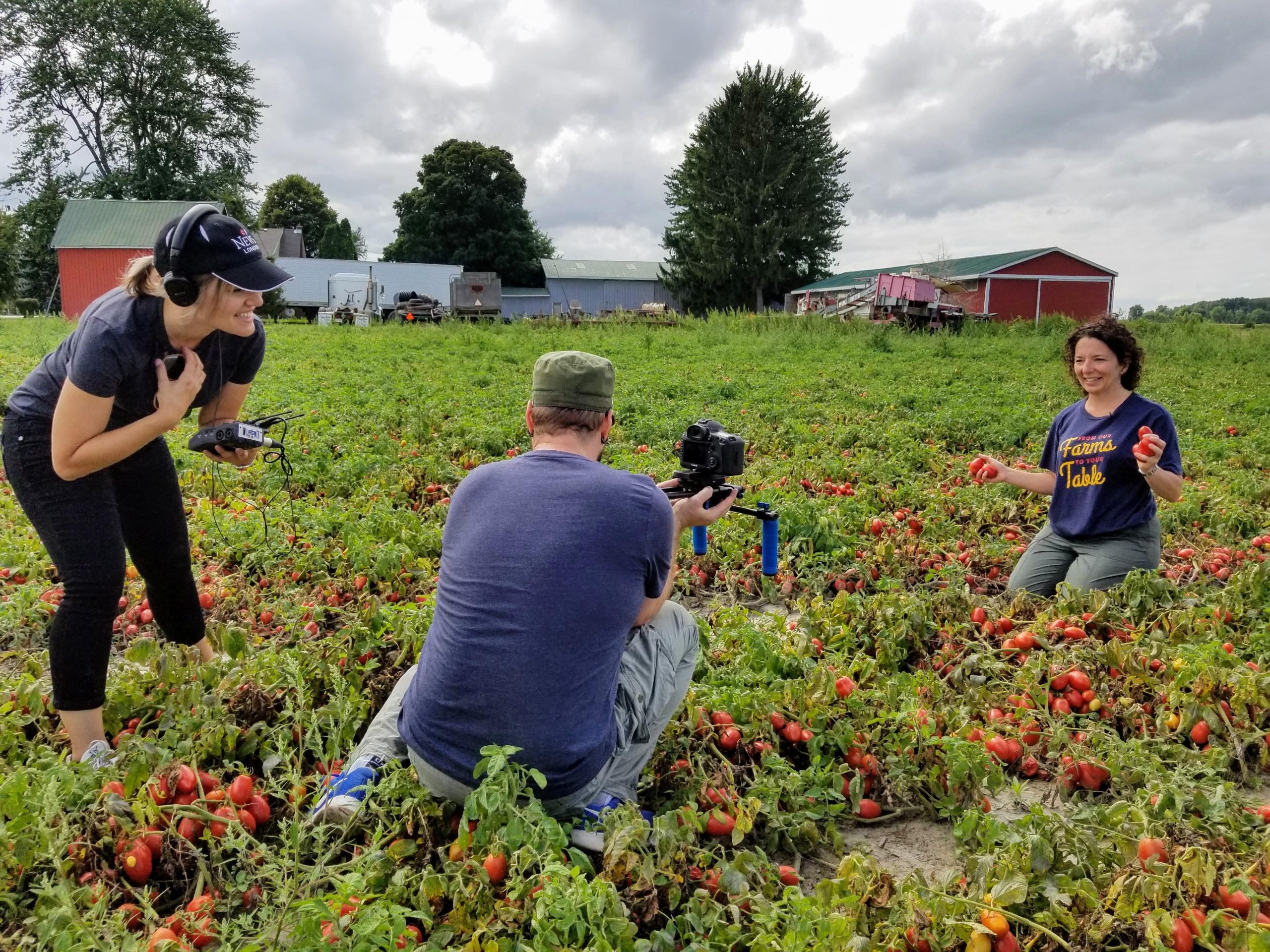
The recent Enbridge Line 5 Pipeline is a great threat to the health and livelihoods of many. How do you balance the law with human and environmental integrity?
Peggy Brekveld: For OFA, this is really a question of animal welfare. If the fuel that comes through that pipeline does not become refined into natural gas or propane, we would have difficulty heating our barns and drying grain. A large percent of the energy coming out of there goes to Ontario and Quebec farmers. We also know that the pipeline feeds portions of the United States, so both sides of the border need heating for their houses.
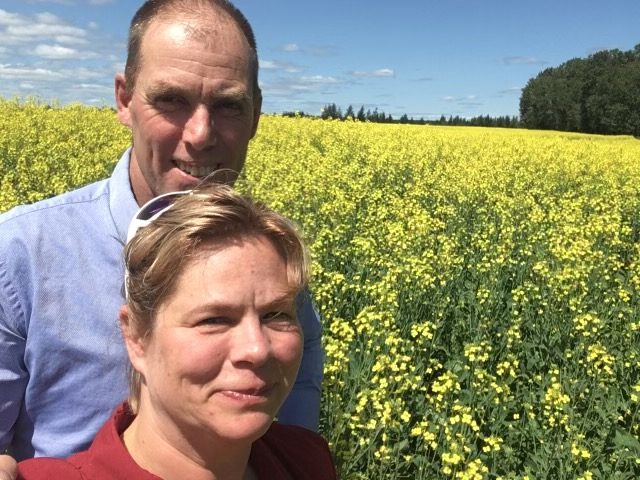
Cathy Lennon: My job as the general manager of OFA is to look at agriculture in rural communities. We are looking to continue to feed all of Ontario, Canada, and the world. Things like Line 5 are critical to ensure we have the fuel source for our rural communities. That includes homes, hospitals, and nursing homes that require fuel to farms to look after their commercial greenhouses. The energy source must be there to look after the future production in the province.
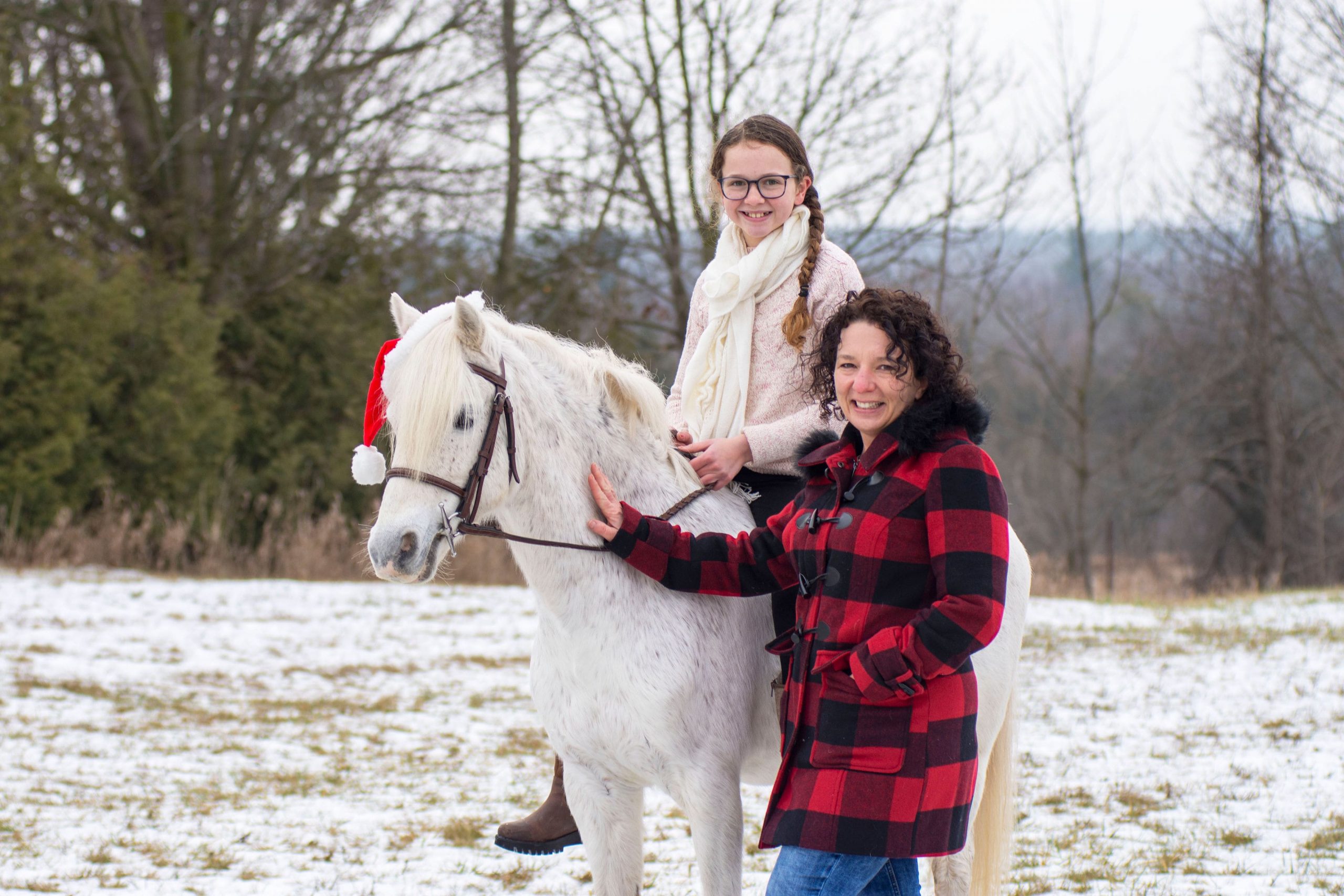
What challenges have you faced as a woman in the OFA? What has been the greatest reward of holding your respective roles?
Peggy Brekveld: I want to talk about the Roundtable of Women in Agriculture that I was recently a part of. Around that table, I saw a lot more people talk about the positive energy they experienced that encouraged them on the journey to where they are. Often, as women, that is a significant portion of how we started our careers and moved along. That encouragement came from women and men in our field. For me, that is definitely a significant portion of my story. Yes, I have seen examples of facing challenges because I am a woman. But in the big picture, more people encouraged me and supported me than people who stood in my way. I would instead focus on that energy rather than focus on the negative story.
I came into this role because I wanted to do great things with a team while looking out for farming. I wanted to use the skills that I have to benefit the farming community. Yes, I am a woman. But I am also a voice for farmers, and I am proud to be that.
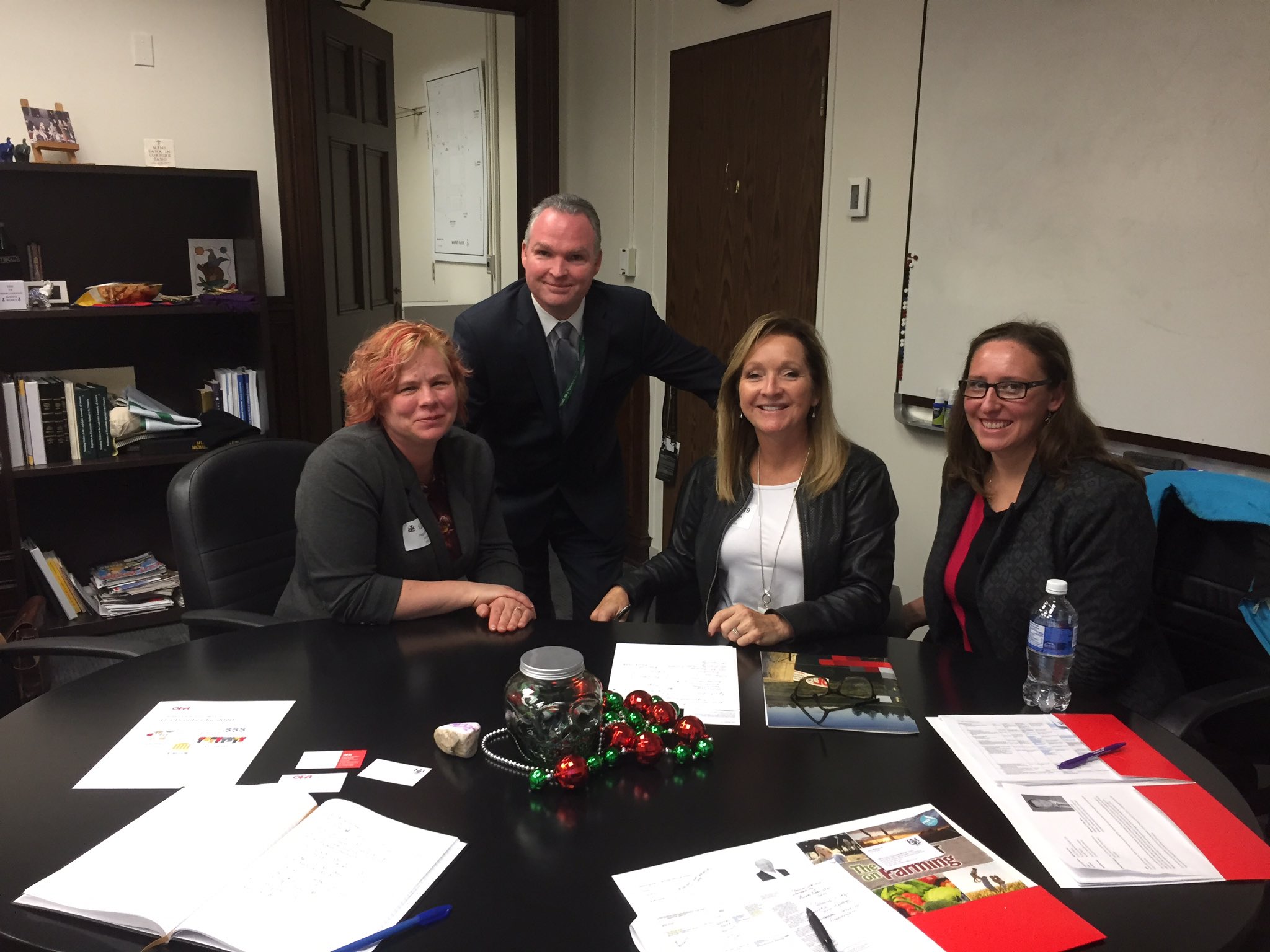
Cathy Lennon: There has undoubtedly been a tremendous interest in the last number of years in women in agriculture and on corporate boards. I’ve been working in agriculture for more than 20 years. Working for an organization as broad as OFA means you have to be curious and to ask questions. You need to understand from the farm to the dinner plate. It’s a very complex business, so I think that is the biggest challenge and reward at the same time.
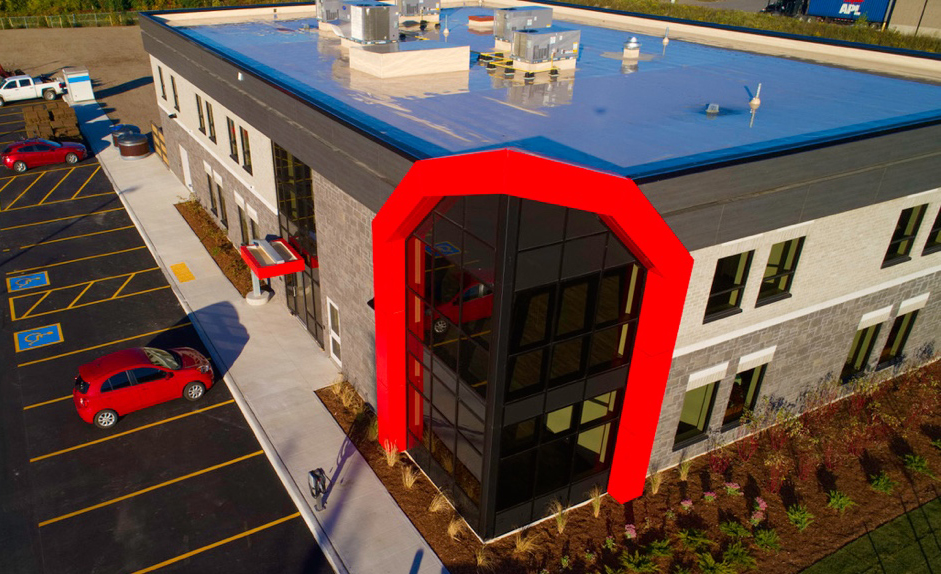
What do you hope to accomplish with the OFA in the near and distant future?
Peggy Brekveld: I would like to see more people in the entire province understand how important farmland is and the food that we grow. We grow over 200 commodities, between fields and fork, 860,000 jobs, and a big economic impact. We grow what we eat, and everyone needs to eat good food. I would love to raise the profile of the importance of farming and food in this province.
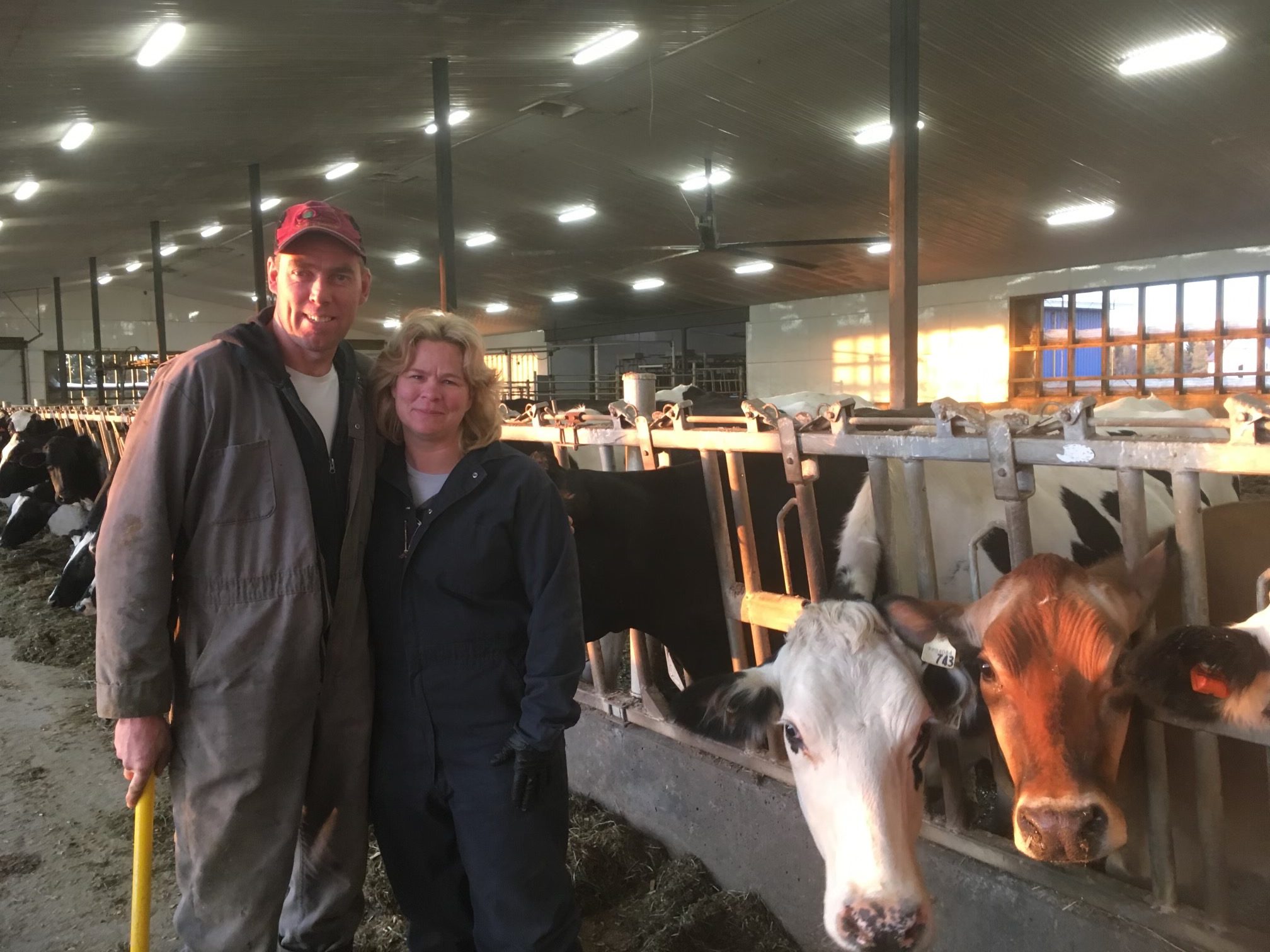
Cathy Lennon: One of the things we are looking forward to in all aspects of business is “getting back to normal.” That way, we can develop relationships, share needs regarding agriculture. Longer-term, one of the projects we are working on that I’m passionate about is “Feeding Your Future”. We are short on talent on all levels, so I try to get out and talk to young people about the opportunities in the OFA. I often say to people, “tell me what your interest is, and I will give you a list of jobs”. From marketing to engineering to accounting, I’m hoping to help the next generation of people think of food and farming as more than just being a farmer.
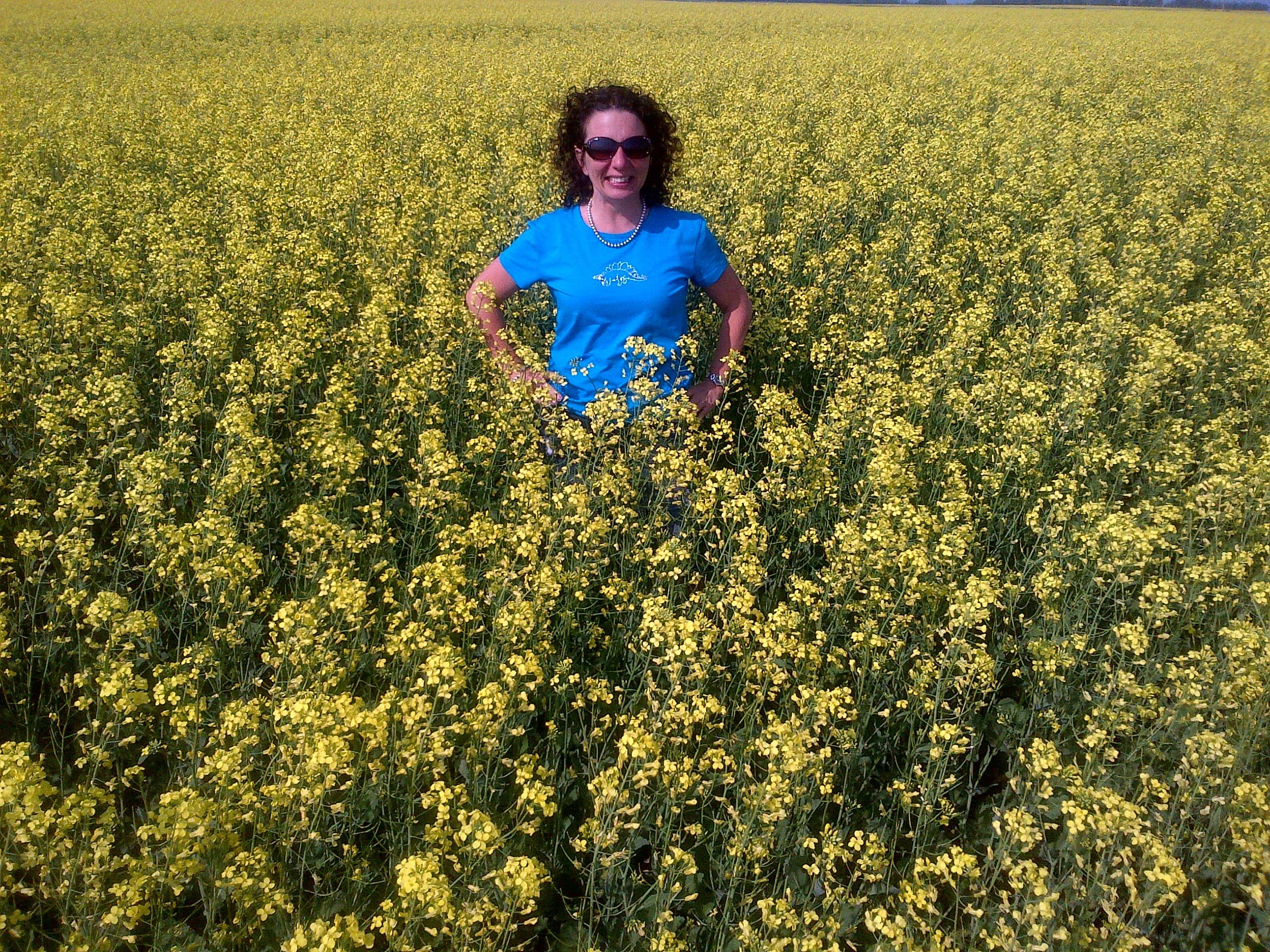
For more information, visit https://ofa.on.ca/
Cover Photo Courtesy: Photo by David Wirzba on Unsplash






